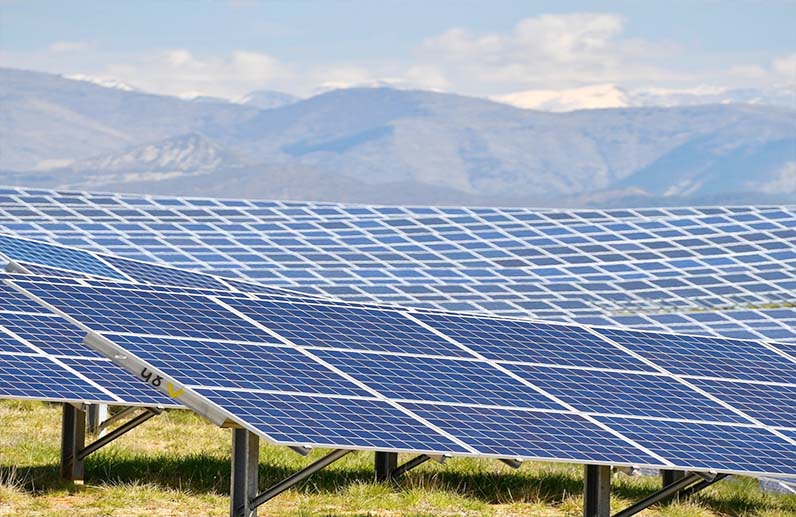The proposed development of solar energy in the District of Columbia would destroy farmland and harm the environment, two state senators said.
In a letter to Hutan Moaveni, Executive Director of the New York State Renewable Housing Authority, State Senator Michelle Hinchey and State Senate Committee Chair on Environmental Protection Peter Harkham expressed their concerns about Hecate Energy LLC’s fourth application. Construction of a solar power plant in Claryville, a small village in Copac.
They said the plan does not meet the office’s standards and does not mitigate impacts on farmland, including FEMA’s 100-year floodplain map. Senators also pointed to a clear position on the project and local opposition. They called on government officials to work with Hekate and stakeholders in the region to find different locations for the project.
”Based on the current project proposal, 140 acres of prime farmland and 76 acres of critical farmland across the state will become unusable due to the construction of solar panels on them,” the letter said.
New York City lost 253,500 acres of farmland to development between 2001 and 2016, according to the American Farmland Trust, a non-profit organization dedicated to farmland conservation. The study found that 78 percent of this land was converted to low-density development. AFT research indicates that by 2040, 452,009 acres of land will be lost to urbanization and low-density development.
The application for the Shepherd’s Run solar project is awaiting approval from the Office of Renewable Energy Placement (ORES), which responded in a letter sent to senators on Friday.
”As stated in the decisions made to date and the final siting permits, office staff, in consultation with our partner agencies, are conducting a detailed and transparent environmental review of the Shepherd’s Run solar plant site and specific project,” writes ORES.
ORES is “committed to working with all stakeholders to help New York State achieve its clean energy goals as effectively as possible under the Climate Leadership and Community Protection Act (CLCPA),” the report says.
”While we understand and support the need to build renewable energy projects to meet the needs of our state, we cannot trade an energy crisis for a food, water or environmental crisis,” Hinchery and Hakam said.
Post time: Aug-28-2023


